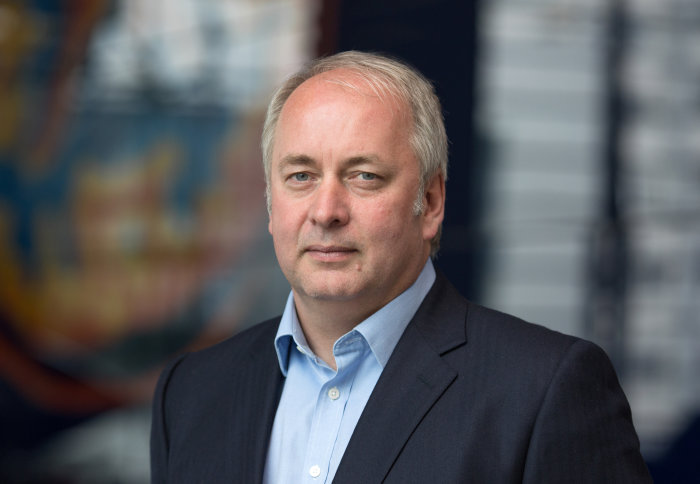Imperial calls for automatic visas for EU-funded researchers

Imperial College London is urging the government to negotiate a deal which will enable EU-funded researchers to move freely around Europe.
In an interview with Research Fortnight, Professor Nick Jennings, Vice-Provost (Research and Enterprise) said 'scientists should be able to get on with science and not be hindered by bureaucracy'.
Imperial is proposing that any participant in EU-funded research projects, or European-collaborative grants sponsored by UK agencies would automatically receive a visa for free movement between Britain and the EU.
Earlier this month, Imperial made the case for European researcher mobility in a submission to the House of Commons Science and Technology Committee.
Professor Jennings said: "The EU projects are very high quality and very highly refereed.
"We want to be able to keep the collaboration going. If it is harder to meet face to face because of increased bureaucracy or delays, the science suffers.
"The UK government talks about an ambitious agreement for science and innovation, so this is our proposal as an ingredient of that."
Supporting European collaboration
 In 2016, President Gast proposed that participants in EU-funded programmes, including ERC fellows, automatically receive a visa to move between the EU and UK after Brexit.
In 2016, President Gast proposed that participants in EU-funded programmes, including ERC fellows, automatically receive a visa to move between the EU and UK after Brexit.
President Gast expanded on this in an interview with the Evening Standard where she said 'collaboration between British and European universities remains critical, and ministers should consider giving automatic visas'.
In 2017 Imperial submitted evidence to the Commons Science and Technology Committee, including on EU staff mobility.
Imperial said it would be greatly concerned by the potential impact of a reduction in the number of EEA nationals able to take up academic and non-academic positions.
Imperial gave evidence to the 'Future Partnership Project', a consultation on the future EU-UK relationship on research and innovation, by Wellcome and the Royal Society.
The final report, published in February 2018, included Imperial's proposal to link mobility to funding.
-
Image credits: Thomas Angus / Imperial College London
Article text (excluding photos or graphics) © Imperial College London.
Photos and graphics subject to third party copyright used with permission or © Imperial College London.
Reporter
Stephen Johns
Communications Division
